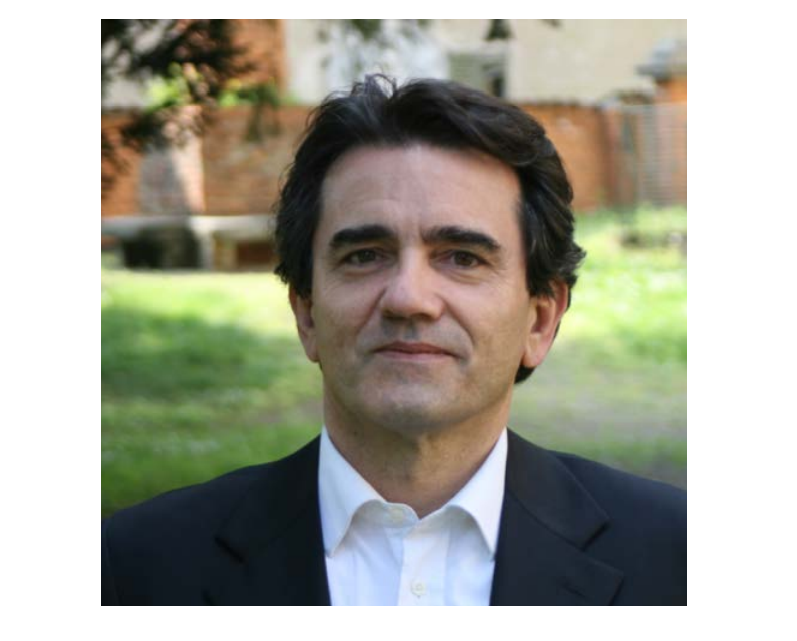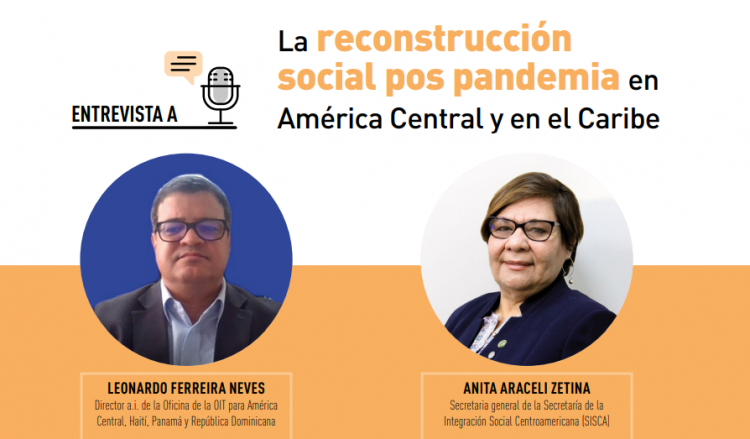Recíprocamente interviewed Guillermo Dema, senior regional specialist in Youth Employment and Labour Migration at the International Labour Organisation (ILO), who shows us the current Latin American panorama on migration and employment. See the full interview in our blog.

The ILO has spent years calling for Latin American labour ministries to take sides in the region’s migration policy. Why have they remained detached from the issue until now?
It is a circumstance that stems from a tradition that can be traced back to the 1970s, when the political paradigm was very different from the current one and the issue of migration at that time was dealt with exclusively from the point of view of national security and of safeguarding of borders, so competences in migratory matters fell exclusively on the foreign ministries and, in some cases, on governance. For this reason, although it is true that the American countries have always maintained close collaboration regarding migration policies, the institutions and mechanisms designed for this are not capable of responding to current problems.
What has been the factor that has most contributed to making this paradigm obsolete?
Until very few years ago, it was normal in Latin America for the region’s compatriots to go to Europe or to the northern countries. Today this has changed. Now the majority of Latin American migrants migrate to other Latin American countries; in other words, we are in a context of intra-national migration, in which many of the countries have ceased to be exclusively emitters of migration to become receivers as well. This change in the situation has taken place very quickly and has taken the countries by surprise. When they have tried to respond to the crisis, they have realised that they need to involve new players: ministries of education, health, economy… and also work.
What are the next steps in responding adequately to this new panorama?
The main thing now is to properly integrate the institutions of the world of work into the whole; in other words the ministries of work, workers’ organisations and business associations. Everyone must be involved in the decision-making and when building an immigration policy.
Secondly, migration policies must be linked with employment policies. Let’s not forget that despite problems such as the high informality and unemployment rate, many of the region’s employers have trouble finding profiles to fill certain positions, and they go to governments for help. If such a connection existed, it would be much easier to respond to needs like this.
Finally, there is a series of crucial questions that can only be resolved through multilateral agreements. This is the case of pensions, social security or the certification of academic qualifications and professional skills between different countries.
What role should workers’ organisations play in managing migration?
The ILO has always played an important role in this question. Back in 2005, together with EUROsociAL, it helped create labour migration units within various work ministries in Latin America; however, these were focused on solving the problems of the time and were policies of return and to help migrants who wanted to leave the country. The work ministries are now asking us for assistance mainly on two issues: the strengthening of work inspection and the fight against exploitation. In the first of these, they ask us how to train inspectors and how to create protocols that allow us to adapt the inspection to the current characteristics of the migration phenomenon. Regarding the second issue, it is very important that migrants should have legal access to work, because otherwise they are bound to fall into the informal sector of the economy, where they do not find any type of protection. In fact, we are already seeing how the levels of trafficking, labour exploitation and child exploitation are soaring among migrant groups.
How do you see the future of the situation in the short and medium term?
We are facing a very complex situation in Latin America. First, after years of sustained economic growth in most countries, the projections have fallen off in recent years. Second, there is the issue of demographic transition, which also negatively affects the jobs market by reducing wages and working conditions. To all this we must add the tsunami caused by the different migratory flows. If we add to this situation that a change in political cycle is taking place in the region in favour of governments with less social sensitivity, we find ourselves with a complicated panorama that is not exclusive to Latin America, but affects a large part of the world.



